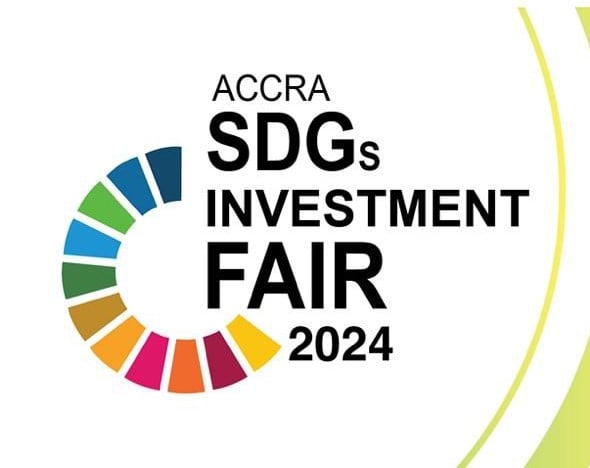Ghana is poised to embark on a transformative journey towards sustainability with the launch of the first phase of its Green Finance Taxonomy during the 2024 Annual Sustainable Development Goals (SDGs) Investment Fair, slated for October 9. This pivotal event aims to realign the nation’s financial investments with the principles of sustainable development and climate resilience. By establishing a structured framework, the Green Taxonomy will serve to direct both public and private sector investments towards low-carbon initiatives, thereby facilitating Ghana’s adherence to its climate commitments under the Paris Agreement. The theme of the event, “Unlocking Green Growth: Financing the Future through Sustainable Investments,” will draw together stakeholders from various sectors, as they discuss the implications and potential of the newly inaugurated taxonomy in fostering a climate-resilient economy.
The Green Finance Taxonomy is envisioned as a fundamental tool for identifying sustainable economic activities and setting criteria for evaluating investments. These criteria will encompass a range of sectors, including renewable energy, green urban development, climate change mitigation, and biodiversity conservation. The launch event is expected to feature influential government officials, including the Minister for Finance and the CEO of the Ghana Investment Promotion Centre (GIPC), who will share insights regarding the strategic vision underpinning the Taxonomy. Additionally, a panel discussion will present success stories from regions that have successfully implemented similar frameworks, showcasing Ghana’s potential to emerge as a leading hub for green investment in Africa.
This launch represents the first phase of a comprehensive, multi-phase initiative designed to steer investments towards sustainable and climate-resilient projects, thus reinforcing Ghana’s commitment to green growth. The framework’s rollout consists of three key phases, beginning with the initial launch and followed by the introduction of a qualitative framework that outlines technical screening criteria for defining green investments across various sectors. This foundational stage will provide a well-defined structure to help investors identify environmentally friendly projects, laying the groundwork for the ensuing phases of implementation.
In the subsequent phase, quantitative standards will be introduced, offering measurable criteria to assess the environmental impact of investments. This phase aims not only to enhance investment quality but also to roll out fiscal incentives, including tax exemptions and sector-specific advantages, to stimulate investment in sustainable projects. The introduction of these quantitative measures is crucial, as it will allow for a more rigorous evaluation of investment in terms of their potential environmental benefits, thus encouraging greater financial commitment to sustainability initiatives.
The third phase will focus on establishing a Transitional Taxonomy that will guide traditional, carbon-intensive sectors such as oil, gas, and mining towards adopting sustainable practices. This approach aims to strike a balance between economic growth and environmental responsibility, demonstrating that sectors historically viewed as detrimental to sustainability can also transition towards greener operations. By implementing this transition framework, Ghana aims to ensure that its economic development does not come at the expense of environmental degradation.
The event will also see participation from key development partners, including representatives from the United Nations Country Office, the German Development Cooperation through GIZ, the Tony Blair Institute, the UK Foreign, Commonwealth & Development Office (FCDO), and FSD Africa. Together, they will collaborate to leverage resources and expertise in support of Ghana’s green finance initiatives. The anticipated outcomes of this launch, combined with the collective efforts of various stakeholders, mark a significant leap towards a robust framework for sustainable investment in Ghana, which, if successfully implemented, has the potential to influence green financing practices throughout the broader African continent.


